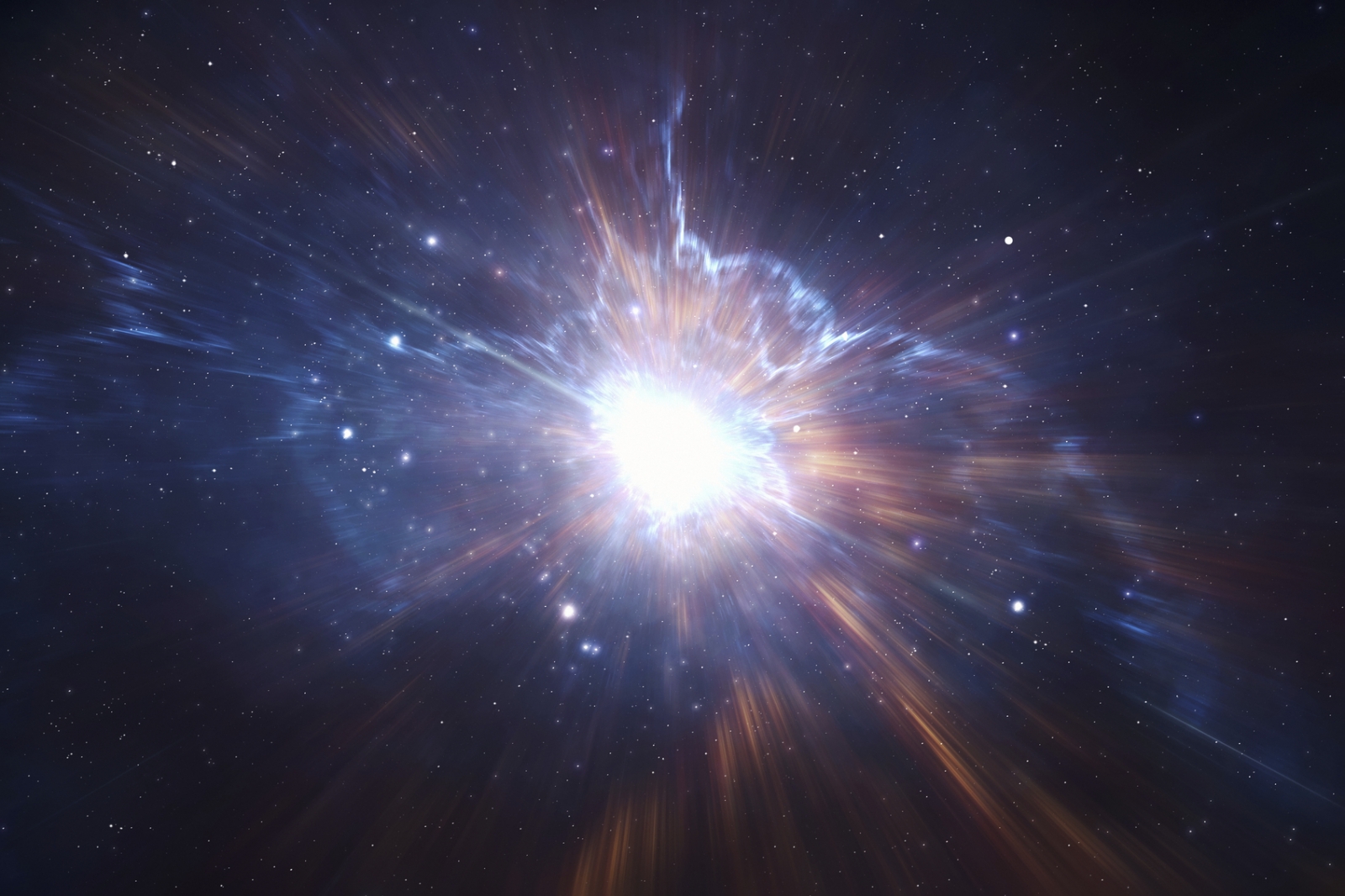Di Posting Oleh : NAMA BLOG ANDA (NAMA ANDA)
Kategori : science
The understanding that the universe is expanding at an ever-increasing pace has shaped our understanding of the cosmos for almost 20 years. But what if this isn't true? Researchers led by Subir Sarkar at Oxford University have now found the evidence on which this concept is based is not as solid as previously thought.
In a study published in Scientific Reports, the team looked at the evidence initially used to show the universe is expanding at an accelerating rate. This was based on the analysis of Type Ia supernovae � exploding dying stars. In the years since their discovery, the data set of this type of supernovae has increased vastly, allowing scientists to reassess the initial findings based on more evidence.
Instead of accelerating, the findings are more consistent with a constant rate of expansion. While there is other evidence to point to an accelerating universe � including information on cosmic microwave background � all these tests are "indirect", Sarkar said.Sarkar said: "There now exists a much bigger database of supernovae on which to perform rigorous and detailed statistical analyses. We analysed the latest catalogue of 740 Type Ia supernovae � over ten times bigger than the original samples on which the discovery claim was based � and found that the evidence for accelerated expansion is, at most, what physicists call '3 sigma'. This is far short of the '5 sigma' standard required to claim a discovery of fundamental significance."
He said a great deal of work will be needed to convince others of their findings, but if it turns out to be correct a huge amount of research carried out over the last two decades could be based on incorrect models. "The discovery of the accelerating expansion of the universe won the Nobel Prize, the Gruber Cosmology Prize, and the Breakthrough Prize in Fundamental Physics," Sarkar said. "It led to the widespread acceptance of the idea that the universe is dominated by 'dark energy' that behaves like a cosmological constant � this is now the 'standard model' of cosmology.
"It is quite possible that we are being misled and that the apparent manifestation of dark energy is a consequence of analysing the data in an oversimplified theoretical model � one that was in fact constructed in the 1930s, long before there was any real data.
"A more sophisticated theoretical framework accounting for the observation that the universe is not exactly homogeneous and that its matter content may not behave as an ideal gas � two key assumptions of standard cosmology � may well be able to account for all observations without requiring dark energy. Indeed, vacuum energy is something of which we have absolutely no understanding in fundamental theory."

0 Response to "HOT NEWS! The universe might not be expanding at an accelerating pace after all"
Posting Komentar